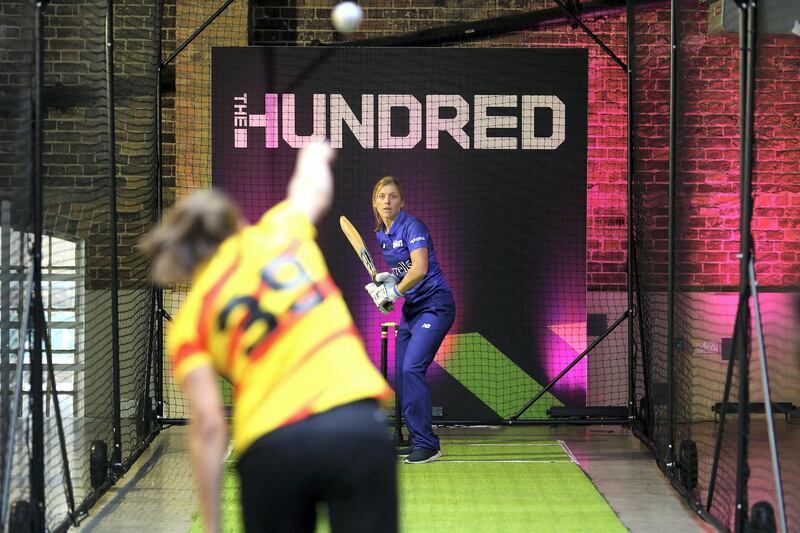Is now the time to reset sport? To rip up established ways of doing things, and build a new perfect, fairer future?
Or is it the exact opposite? When sport does return, surely there will only be one option: to back convention.
Little can be predicted with any certainty about how the world of sport will look after the pandemic. Other than to say, it will be financially poorer.
As such, loss-leading concepts designed to save their sports – like The Hundred in English cricket, or some guise of the Nations Championship in international rugby – will surely be left in the sidings for some time yet.
Backing an idea that might work, and might attract new fans to the game, and might lead to a better version of what went before, is a risk. There are too many mights in that sentence for it to be anything else.
Forget about targeting new audiences for now. Drastic reform risks alienating the existing followers. And when sport does return, it is that group who will be needed most.
Rugby in particular has shown how precarious expansion can be.
There have been successes, an obvious one being Japan.
The sport has a long history in Japan, but it remains regarded by many as a new territory, outside the cosy elite.
It is now a great example of what can be done outside of the mainstream, with canny planning, generous financing from the private sector, and imported knowledge.
Their World Cup, last year, was the best ever. That was due in no small part to their performances of their brilliant team.
But remember that it took Japan years to be an overnight success.
Their first two wins in Rugby World Cups came 24 years apart, and it took 32 years – plus extraordinary home support – to make it beyond the group stage in that competition.
Which only goes to show breaking into the elite at the top of rugby is a fraught business.
Elsewhere in that sport, most attempts at expansion have brought woeful results.
Is Super Rugby better now than it was 15 years ago, say? Hardly. And the Rugby Championship in its current guise? Surely not.
The Six Nations, which is surely the most popular and successful regular event in the sport, outside of its World Cups and British & Irish Lions series, might even have been better when it was just five.
Even here in Asia, attempts at progress have been stunted.
For seven season between 2008 and 2014, the top tier of continental competition was expanded to five teams, and rebranded as the Asian Five Nations.
Japan won all 28 matches in that time, each with a bonus point. Maybe only one team – Hong Kong – benefitted appreciably from the competition, having made massive strides on the field and as a union in the time since.

But competitive standards across the board are scarcely better than what they were at the start, and Asia’s top-tier competition has long since contracted.
World Rugby’s chief executive Brett Gosper has spoken about the chance of “more meaningful international matches with a more meaningful international calendar” when the game returns.
The Nations Championship has been thrown out once before, and is not being revisited now, but some of the theories it proposed are being discussed again.
Will it lead to a more open, inclusive – and better - game? Let’s see.
And what of cricket? The England and Wales Cricket Board have been vocal in saying the launch of their new format, The Hundred, is only on pause, and is essential to the future of the game in the country.
Its pilot edition, due for this summer, has understandably been aborted, with all the players being advised this week that their contracts for it have been terminated.
That competition is purportedly supposed to appeal to people who do not like cricket.
As with rugby, the idea that there are lucrative markets for cricket waiting to be tapped seems ambitious. And certainly risky in a post-Covid-19 climate.
So while challenging accepted practice might be essential for any business to progress, maybe now is really not the right time for sport.







